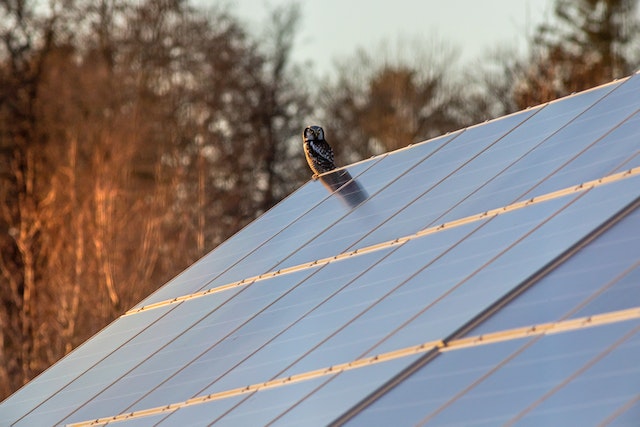Solar Cleaning Panel: Importance and Techniques
As the use of solar energy is becoming increasingly popular, it is important to ensure that the solar panels are functioning at their highest potential. One of the most important factors affecting the performance of solar panels is their cleanliness. Dust, grime, bird droppings, and other pollutants can accumulate on the surface of solar panels, reducing their efficiency by up to 25%. This is why it’s crucial to regularly clean your solar panels to maintain their performance.
There are two main methods for cleaning solar panels: manual cleaning and automated cleaning.
Manual cleaning involves physically washing the panels with a cleaning solution and a soft cloth or brush. This method is suitable for small solar panel systems and is the most cost-effective option. However, manual cleaning can be time-consuming and requires careful attention to avoid damaging the panels.
Automated cleaning, on the other hand, uses specialized cleaning robots that are programmed to clean the panels with minimal human intervention. This method is more efficient and can clean larger solar panel systems, but it is also more expensive.
When cleaning solar panels, it is important to use a cleaning solution that is safe for the panels and the environment. A mixture of water and a mild detergent is typically sufficient for removing dirt and grime from the panels. Avoid using harsh chemicals or abrasive materials, as these can damage the panels and reduce their efficiency.
In addition to regular cleaning, there are other steps you can take to maintain the performance of your solar panels. For example, regularly trimming trees and plants near your solar panels can reduce the amount of dirt and debris that accumulates on the panels.
In conclusion, maintaining the cleanliness of solar panels is essential for ensuring their optimal performance. Whether you choose to clean your panels manually or with automated methods, make sure to use safe and effective cleaning solutions and to regularly maintain the area around your solar panels.
